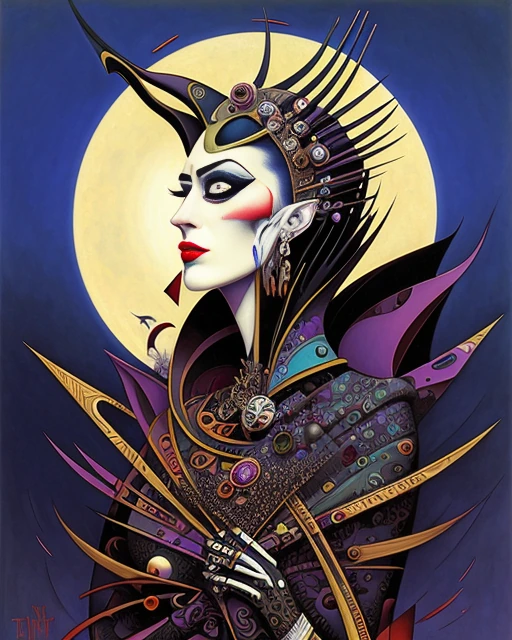In the ever-evolving landscape of technology, non-fungible tokens (NFTs) have emerged as a disruptive force, transforming the way we perceive and interact with digital assets. Initially gaining traction in the realm of digital art and collectibles, NFTs have transcended their artistic roots, poised to revolutionize various industries and redefine the concept of ownership.
NFTs: A Paradigm Shift in Ownership
NFTs, at their core, represent unique digital items stored on blockchain technology. Unlike their fungible counterparts, such as cryptocurrencies, each NFT holds its distinct identity, ensuring its immutability and non-interchangeability. This unique characteristic has unlocked a plethora of possibilities, allowing creators to establish genuine ownership and authenticity for their digital creations.
NFTs Beyond Art: A Diversifying Landscape
The impact of NFTs extends far beyond the realm of art, permeating diverse industries and shaping the future of ownership. Here are some of the emerging trends and applications that are set to revolutionize the way we interact with digital assets:
1. Music: NFTs as Music Rights and Ticketing
NFTs are revolutionizing the music industry, providing artists with direct control over their work and enabling fans to acquire exclusive music rights and experiences. Artists can sell NFTs that grant ownership of songs, albums, or even individual tracks, offering fans unique benefits like royalties or exclusive access to concerts or merchandise. Additionally, NFTs are transforming ticketing, providing secure and verifiable methods to purchase and manage concert tickets.
2. Gaming: NFTs as In-Game Assets and Enhanced Experiences
NFTs are redefining the gaming landscape, introducing new forms of ownership and engagement for players. In-game items, such as skins, characters, and virtual land, can now be represented as NFTs, allowing players to trade, sell, or rent them. This opens up a world of possibilities for players to monetize their in-game assets and foster thriving economies within virtual worlds.
3. Fashion: NFTs as Digital Collectibles and Authenticating Physical Goods
NFTs are merging the physical and digital realms of fashion, creating a new era of unique collectibles and authenticating physical goods. Fashion brands are leveraging NFTs to create digital counterparts of their designs, offering limited-edition pieces that can be traded and displayed in the metaverse. Additionally, NFTs are being used to verify the authenticity of physical garments, providing consumers with a secure guarantee of ownership and provenance.
4. Education: NFTs as Certifications and Course Offerings
NFTs are transforming the educational landscape, providing verifiable certifications and authenticating course materials. Universities and educational institutions can issue NFTs as digital diplomas and certificates, ensuring their immutability and authenticity. Additionally, NFTs are facilitating the creation of unique educational courses and experiences, allowing students to acquire valuable skills and knowledge in a secure and transparent manner.
The Future of NFTs: A Convergence of Innovation and Disruption
As NFT technology continues to evolve, we can expect to see even more groundbreaking applications and innovations emerge. Here are some potential future directions for NFTs:
1. Interoperable NFTs: A Unified Digital Ownership Standard
The development of interoperable NFT standards could revolutionize the way NFTs are shared and used across different platforms and blockchains. This would enable seamless transferability of NFTs, facilitating a more interconnected and accessible digital asset ecosystem.
2. Decentralized NFT Marketplaces: Empowering Creators and Consumers
The rise of decentralized NFT marketplaces could democratize the NFT market, providing creators with more direct control over their work and empowering consumers to access a wider range of NFTs without intermediaries. These platforms could also incorporate smart contracts to automate transactions and facilitate secure payments.
3. NFTs in Supply Chain Management: Transparency and Efficiency
NFTs have the potential to transform supply chain management, providing a transparent and secure record of ownership and authenticity for physical goods. This could enhance traceability, reduce fraud, and improve efficiency across various industries.
4. NFTs in Identity Management: A New Paradigm for Digital Identity
NFTs could revolutionize digital identity management, providing individuals with a secure and verifiable way to represent their personal information and credentials online. This could enhance privacy, reduce identity theft, and facilitate seamless access to online services.
Conclusion: Embracing the NFT Revolution
NFTs represent a paradigm shift in the way we interact with digital assets, empowering creators, fostering innovation, and democratizing ownership. As the technology continues to evolve, we can expect to see NFTs permeate even more industries, transforming how we engage with art, music, gaming, education, and beyond.






